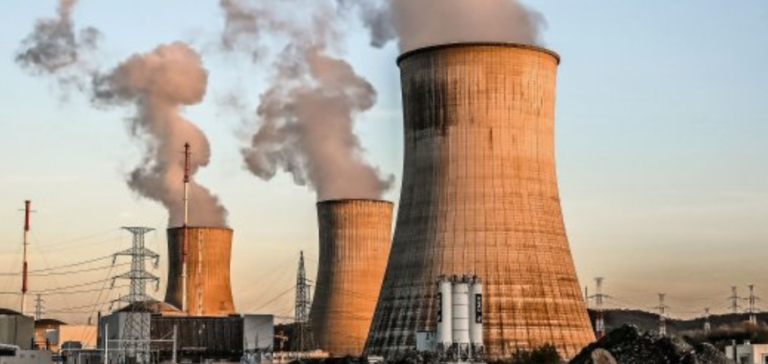In a joint letter obtained by the Contexte website and confirmed by AFP, Bulgaria, Croatia, the Czech Republic, Finland, France, Hungary, the Netherlands, Poland, Romania, Slovakia, Slovenia and Sweden expressed their support for the creation of an “EU-wide industrial alliance” to promote SMR capabilities in Europe. This initiative aims to encourage investment in modular nuclear reactors and develop a European value chain in this field.
Support from twelve EU member states
The representatives of these member states believe that this alliance will strengthen Europe’s energy sovereignty and boost the competitiveness of the European nuclear industry. They also see support from the European Commission as “necessary” to ensure that these innovative projects benefit from existing and future European legislation.
Alliance objectives for modular nuclear reactors
The European Nuclear Energy Forum, to be held in Bratislava, Slovakia, will provide an opportunity to discuss this initiative further. France initiated this letter, signed by 12 European ministers, to the European Commission. The main aim of this European SMR alliance is to strengthen the European nuclear industry, security of supply and European competitiveness.
Reaction from the European Commission
Last May, the 12 states met in Paris with Belgium and Estonia, forming an alliance of pro-nuclear European countries, as well as Italy and the UK, to draw up a roadmap for the development of nuclear power. The European Commission has expressed its support for the development of 4th generation nuclear reactors and small modular reactors to decarbonize the industry. The letter’s signatories claim that SMRs could help generate fossil-free electricity by the 2030s, with the potential to supply up to 150 gigawatts to the EU by 2050, compared with 100 gigawatts today.
Prospects for the future of nuclear power in Europe
The call by the twelve EU member states for the creation of an industrial alliance for modular nuclear reactors demonstrates their commitment to a sustainable energy transition in Europe. This initiative aims to strengthen Europe’s position in nuclear energy, while promoting security of supply and competitiveness. The forthcoming European Nuclear Energy Forum will provide a platform for further discussion of this ambitious proposal.
The call by the twelve EU member states for the creation of an industrial alliance for modular nuclear reactors demonstrates their commitment to a sustainable energy transition in Europe. This initiative aims to strengthen Europe’s position in nuclear energy, while promoting security of supply and competitiveness. The forthcoming European Nuclear Energy Forum will provide a platform for further discussion of this ambitious proposal.






















